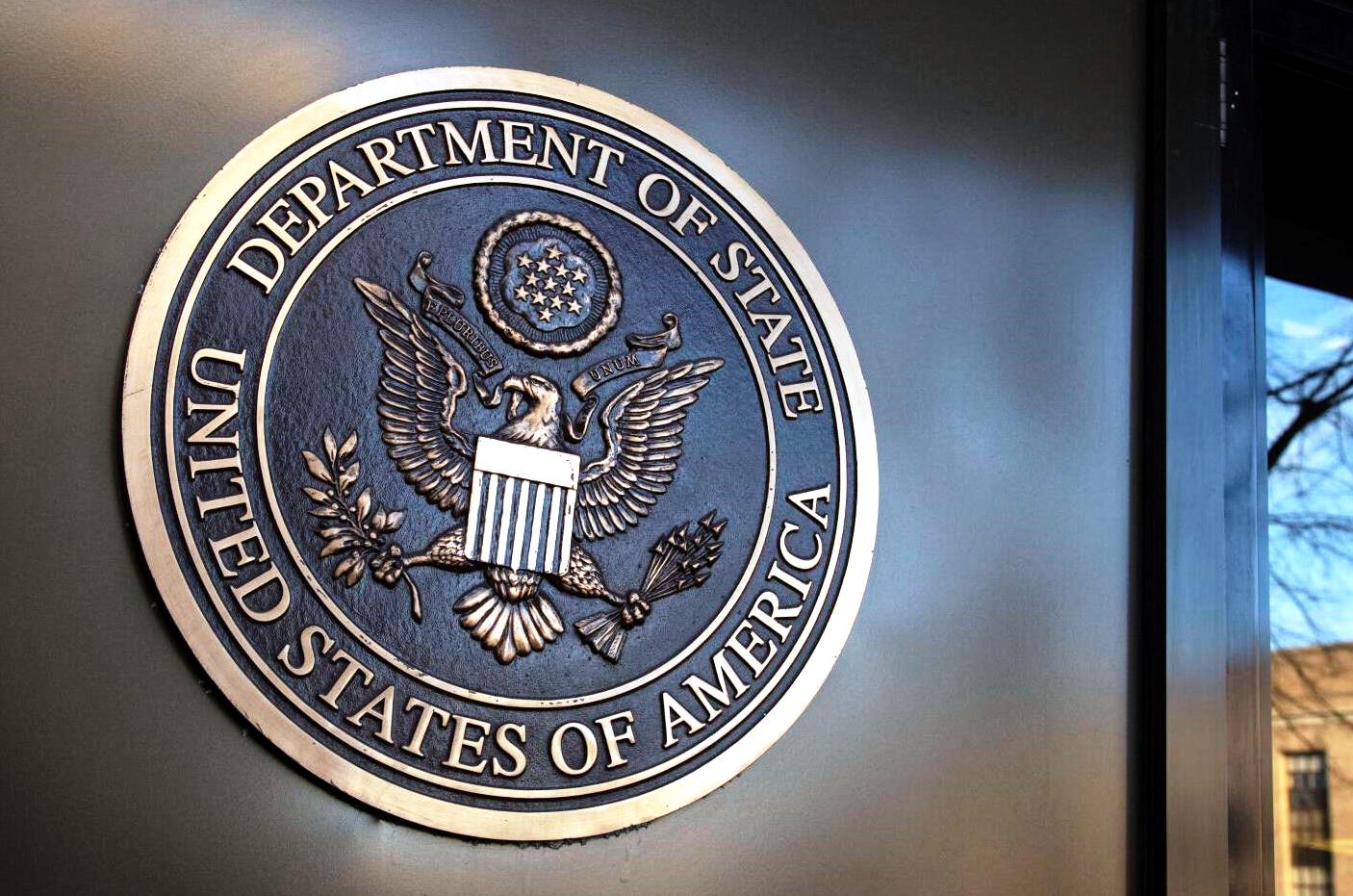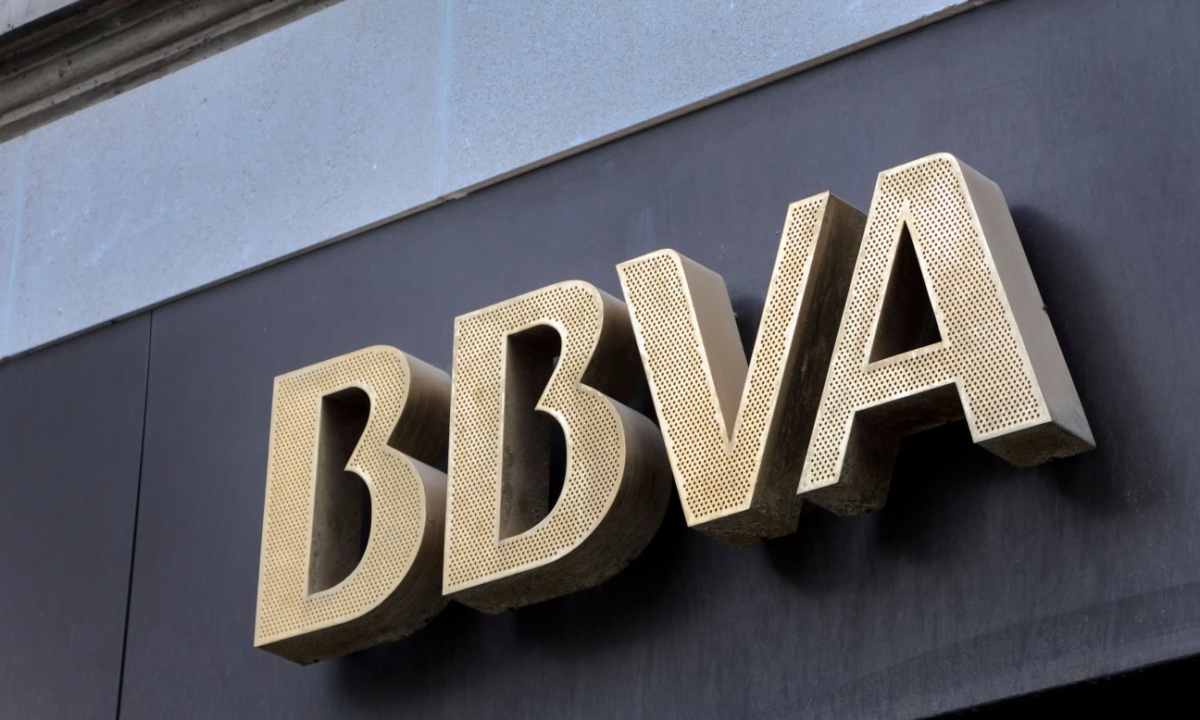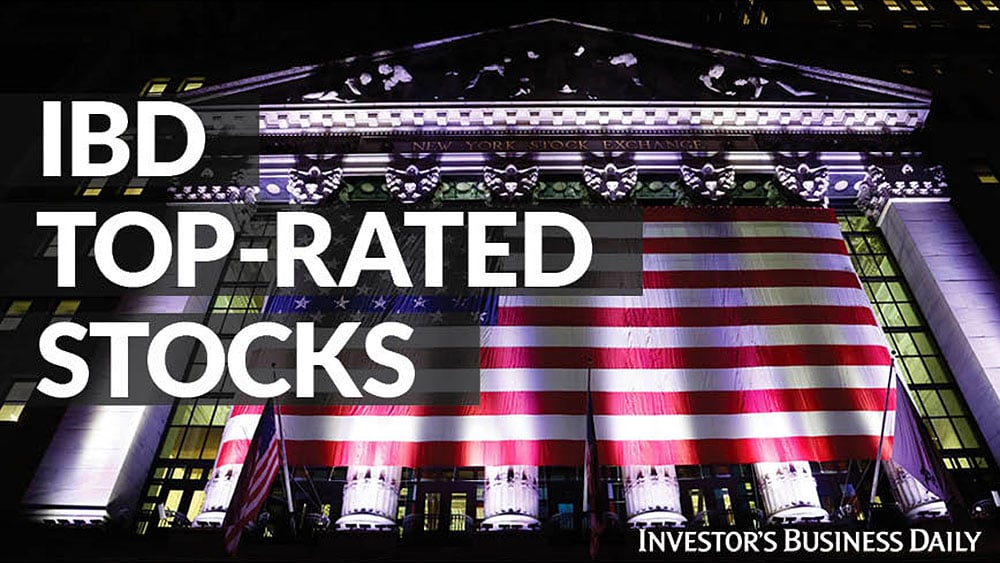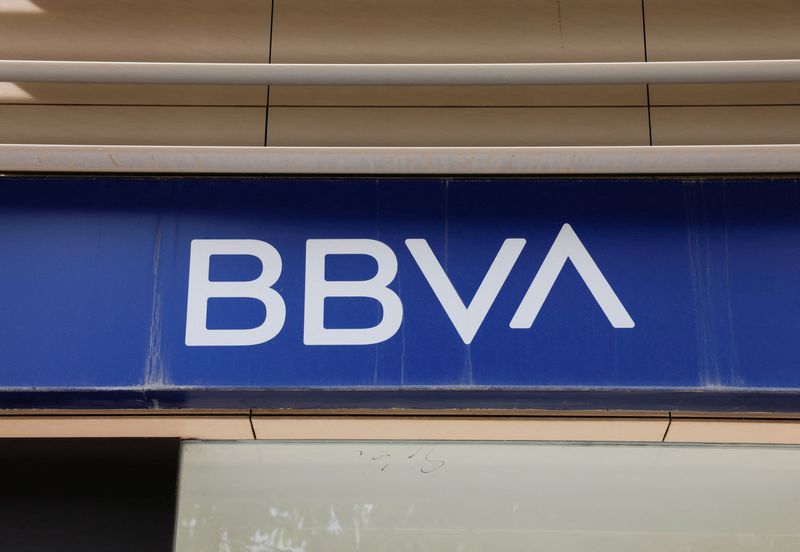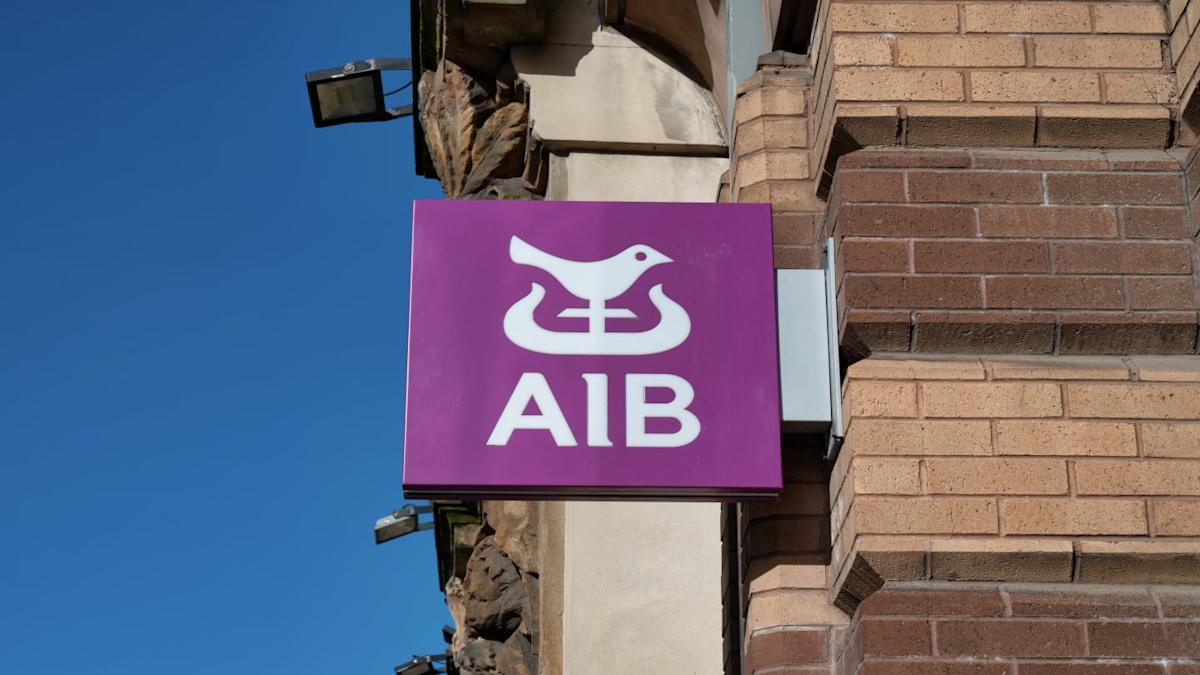BBVA Advises Wealthy Clients to Add Bitcoin and Ether to Portfolio
The share depends on the client’s risk appetite, Philippe Meyer, head of digital and blockchain solutions at BBVA Switzerland, said while speaking at the DigiAssets conference in London, Reuters reported Tuesday (June 17).
“With private customers, since September last year, we started advising on bitcoin,” Meyer said, according to the report. “The riskier profile, we allow up to 7% of [portfolios in] crypto.”
Meyer told Reuters on the sidelines of the event that BBVA has been executing on clients’ requests to buy cryptocurrencies since 2021 and that he believes it is now one of the first large global banks to advise wealth clients to buy them.
While BBVA currently advises clients to add only bitcoin or ether, it plans to add other cryptocurrencies later this year, Meyer said, per the report.
“If you look at a balanced portfolio, if you introduce 3% you already boost the performance,” Meyer told Reuters. “At 3% you are not taking a huge risk.”
The mainstreaming of digital assets was one of the most significant developments within banking during the first half of 2025, PYMNTS reported in May.
JPMorgan Chase CEO Jamie Dimon said in May that the bank now offers its clients access to bitcoin.
Dimon announced this at the bank’s annual investor day, while reiterating his own skepticism about digital currency.
“We are going to allow you to buy it,” Dimon said. “We’re not going to custody it. We’re going to put it in statements for clients.”
It was reported in May that Banco Santander SA is considering offering a stablecoin and providing its digital bank’s retail clients with access to cryptocurrencies.
The surge in the price of bitcoin has left smaller banks facing urgent decisions around crypto, PYMNTS reported in May.
While major financial institutions have the capacity to rapidly accelerate their adoption and integration of crypto technologies, as well as the heft and governance to handle the sector’s many risks, smaller community banks could find themselves lagging in emergent on-chain financial services.
Content Original Link:
" target="_blank">







